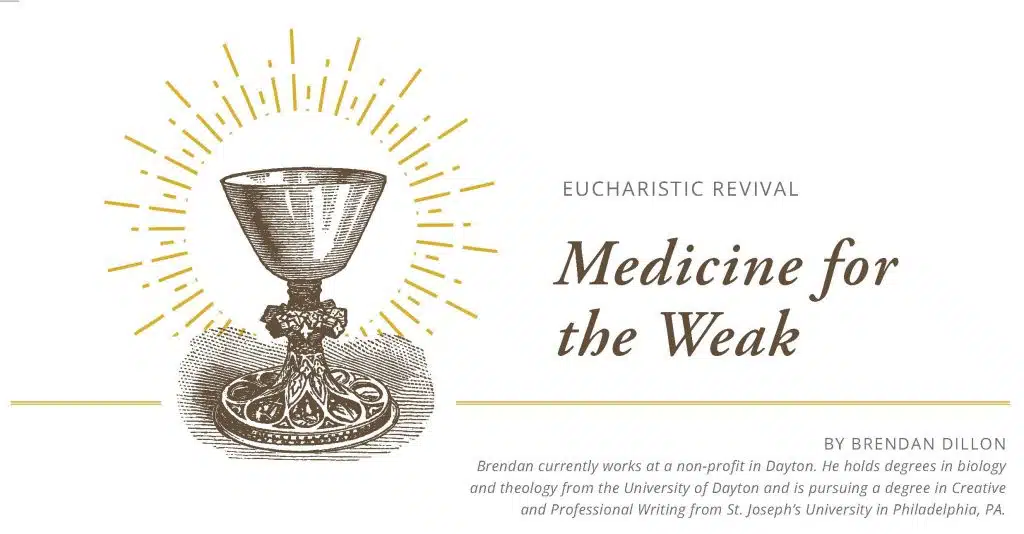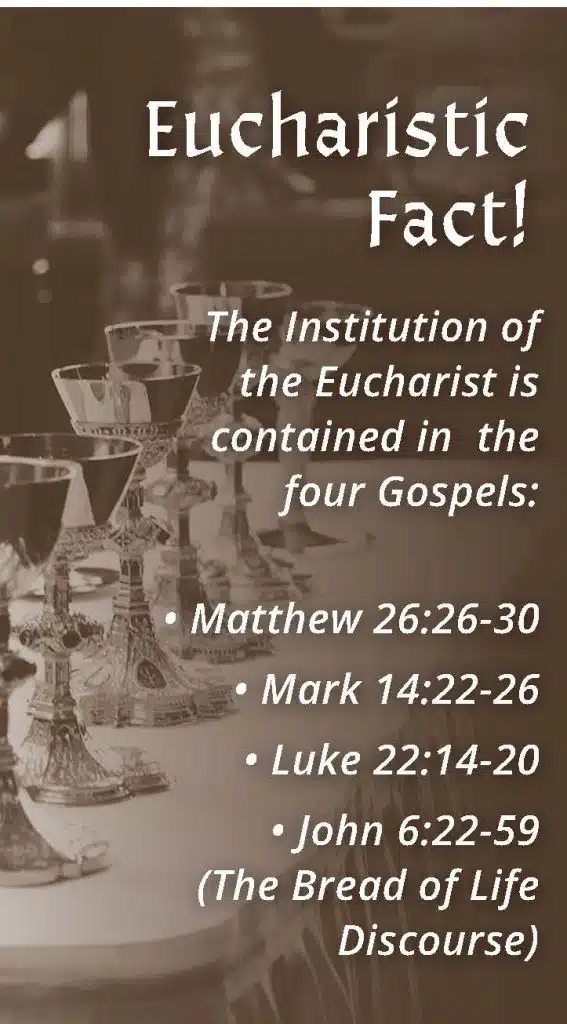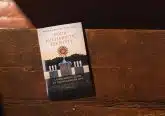Medicine for the Weak

 Though I never strayed too far from my faith, I began to take it more seriously in college and explore my childhood faith as an adult. This renewal led to exciting changes: I transferred to a new school, made new friends, and got involved with retreats and other faith-based programs.
Though I never strayed too far from my faith, I began to take it more seriously in college and explore my childhood faith as an adult. This renewal led to exciting changes: I transferred to a new school, made new friends, and got involved with retreats and other faith-based programs.
As with many converting to a new religion or finding their faith again, I wanted to follow the rules. Rules give structure. Rules set boundaries. Rules help you to know the right choices to make. I quickly moved, however, from a healthy acknowledgment of the rules to scrupulosity—an excessive concern for these rules, affecting how I approached and lived my faith, including reception of the Eucharist.
Because the Eucharist is the “source and summit” of Christian faith, it is natural that the sacrament is surrounded by teachings and guidelines. A point of stress for me was concern that I would fall into a “state of sin” instead of retaining a “state of grace.” Was I receiving the Eucharist in a state of sin and thereby committing another sin?
This one concern led to others. When did I last go to Confession? Was I even sorry enough then? Have I since cursed excessively? Mistreated a family member? Used the Lord’s name in vain? Worshiped a golden calf? Sold government secrets? Committed racketeering (I don’t even know what that is…)? The list went on.
And how about receiving the Eucharist itself? At a house Mass once, I accidentally dropped a piece of the Eucharist on the ground. After Mass ended, my parents’ friend picked up the fragment and placed it in his mouth. I admired his example, but to avoid repeating the situation, I tried to envelop the entire wafer in my mouth, nearly unhinging my jaw like a python, afraid to lose any particles of the Host. Needless to say, the Eucharist provided more stress than peace.
A friend once shared that, as a kid, she expressed her faith in the Real Presence by whispering to her mom after receiving Communion, “I got a piece of Jesus’ foot,” or, “Got an elbow this time.” I found this habit amusing; her mom did not. While a little disconcerting, if we are honest, we have to appreciate that my friend was on to something, right? The Eucharist is Jesus.
Gradually, this reality dawned on my medieval, self-flagellating, little soul. While sacred, the Eucharist is not a divine trap, poised to spring on the unworthy. “It” is a Person. A Person who did not condemn a woman caught in adultery. A Person who invited Himself to a tax collector’s house without asking him to change. A Person who forgave His own murderers while they were in the very act of killing Him.
A priest once told me that the Eucharist is about a relationship. This relationship cannot be earned, but is freely given, just as Christ gave of Himself in all His interactions with all kinds of flawed individuals. As Pope Francis said, “The Eucharist … is not a prize for the perfect but a powerful medicine and nourishment for the weak” (Evangelii Gaudium, 47).
During Mass, I now try to focus on God and listen. I try to receive the Eucharist reverently, but without stressing about losing transubstantiated atoms, (I figure Christ has forgiven worse). I also no longer excessively comb through my sins; doing so obsessively focuses attention on me more than on God, which leads to an inverted narcissism. I will never be perfect, but that is no more of an impediment to my relationship with Christ than it was to His Biblical contemporaries. As St. Thérèse of Lisieux said, “Our faults cannot hurt God. Nor will our failures interfere with our own holiness” for “genuine holiness is precisely a matter of enduring our own imperfections patiently.”
As we journey towards holiness, let us not obsess on our personal holiness— or lack thereof—but on the Person we meet each week in the Eucharist.
This article appeared in the February 2023 edition of The Catholic Telegraph Magazine. For your complimentary subscription, click here.














